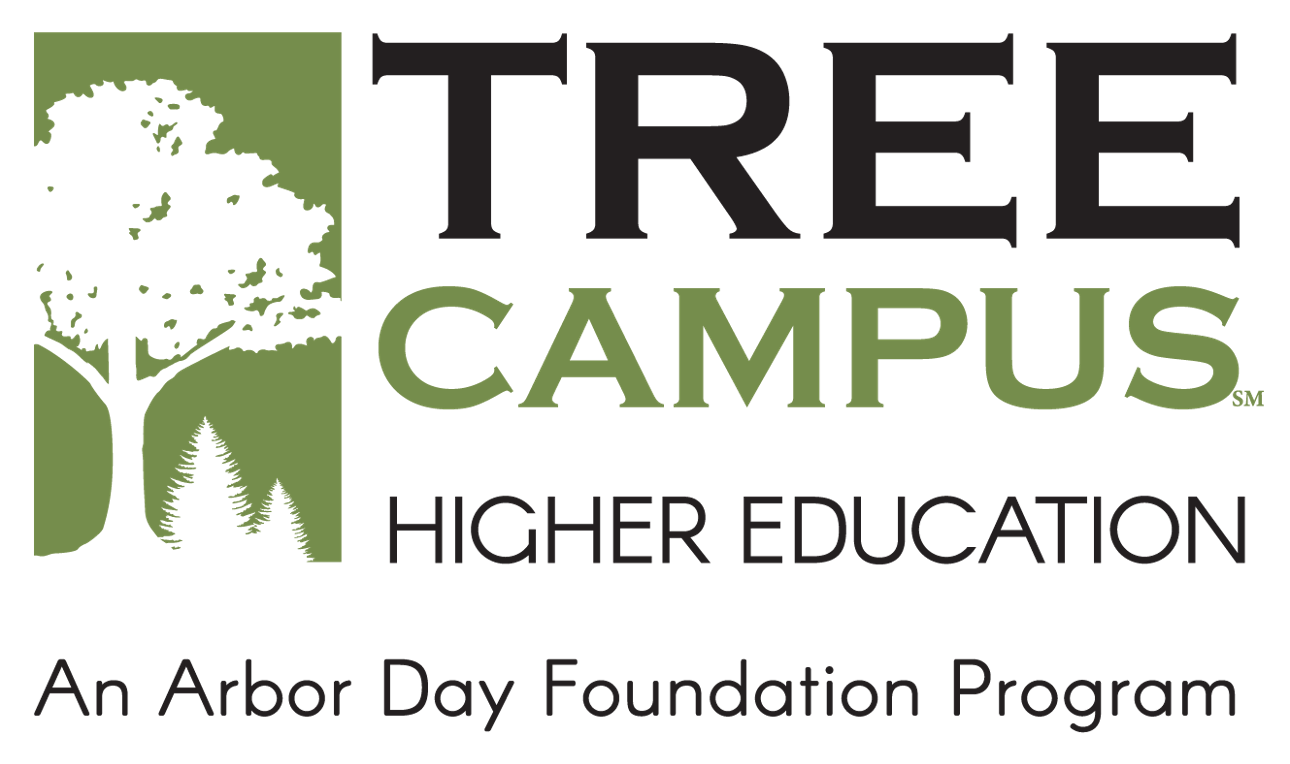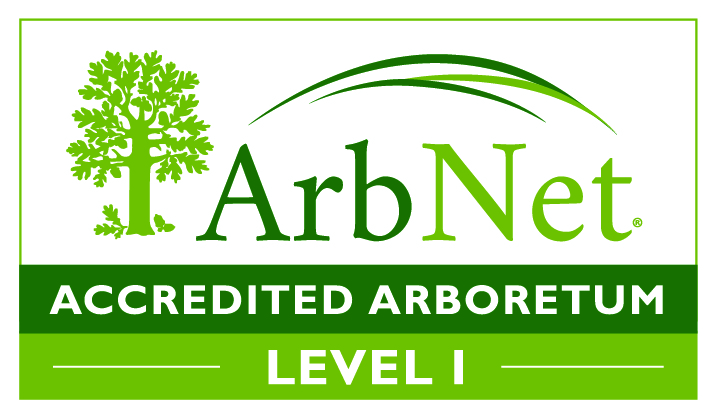Sustainable Landscapes
A sustainable landscape sequesters carbon, cleans the air and water, increases energy efficiency, restores habitats, and creates value through significant economic, social and, environmental benefits.
Carnegie Mellon's campus grounds are managed and maintained in a means that minimizes envrionmental impacts. Native plants are used in landscapes, an integrated pest management process is used for pest control, and rain gardens are planted to help manage stormwater.
Integrated Pest Management Plan 2024 [pdf]
The campus grounds have also received certifications for its tree management and collections:

Founded by the Arbor Day Foundation, the Tree Campus Higher Education program provides a simple framework for colleges and universities to grow their community forests, achieve national recognition, and create a campus their students and staff are proud of. CMU has been designated as a Tree Campus every year since 2014.

Carnegie Mellon has renewed its Level 1 Accreditation by The ArbNet Arboretum Accreditation Program and The Morton Arboretum. The ArbNet Arboretum Accreditation Program is the only global initiative to officially recognize arboreta at various levels of development, capacity, and professionalism. CMU is also recognized as an accredited arboretum in the Morton Register of Arboreta, a database of the world’s arboreta and gardens dedicated to woody plants.
